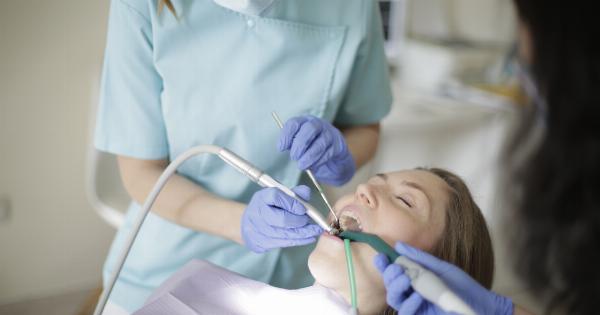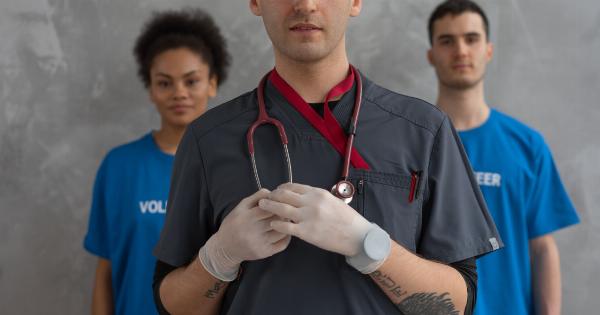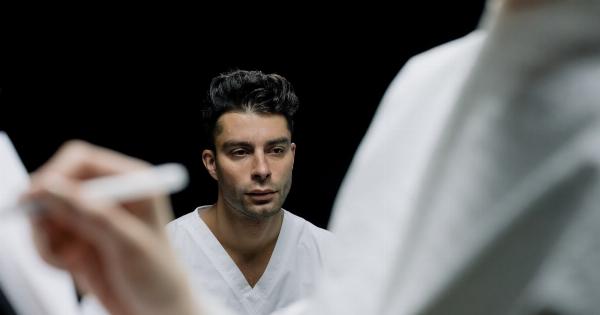Cardiac surgery is a critical procedure that requires precise timing in order to achieve optimal patient outcomes.
The time of day at which a cardiac surgery is performed can have a significant impact on patient safety, hospital efficiency, and surgeon performance. In recent years, there has been a growing body of evidence suggesting that certain hours of the day may be more favorable for performing these complex procedures.
This article explores the concept of optimizing cardiac surgery by finding the best hours of the day.
Chronobiology and Cardiac Surgery
Chronobiology is the study of how biological systems, including humans, exhibit rhythmic variations in their physiological processes over a 24-hour period.
These variations, known as circadian rhythms, influence multiple aspects of human health and performance. The field of chronobiology has gained attention in the medical community as researchers have begun to recognize the impact of circadian rhythms on various medical specialties, including cardiac surgery.
Circadian Rhythms and Risk of Complications
Several studies have examined the relationship between the timing of cardiac surgery and the risk of postoperative complications.
One study published in the New England Journal of Medicine found that surgeries performed in the early morning hours, between 9 p.m. and 7 a.m., were associated with a higher risk of adverse events compared to surgeries performed during regular working hours.
The researchers hypothesized that this increased risk could be attributed to the disruption of the normal circadian rhythms of the surgical team during overnight shifts, leading to decreased alertness and performance.
Optimal Surgical Performance
Surgical performance is influenced by multiple factors, including physical and mental alertness, hand-eye coordination, and concentration. These factors can be influenced by sleep-wake cycles and circadian rhythms.
Research has shown that cognitive performance and psychomotor skills tend to be highest during the late morning and early afternoon hours. This suggests that performing cardiac surgeries during these hours may result in improved surgeon performance and decreased risk of errors.
Managing Surgeon Fatigue
Fatigue is another significant factor that can affect surgeon performance and patient safety. Long working hours, overnight shifts, and disrupted sleep patterns can all contribute to surgeon fatigue.
Studies have consistently shown that fatigue impairs cognitive function, attention, and decision-making abilities. By scheduling cardiac surgeries during times when surgeons are well-rested and less likely to experience fatigue, healthcare facilities can minimize the potential negative effects of fatigue on surgical outcomes.
Operational Efficiency
Optimizing cardiac surgery also involves considering operational efficiency.
Performing surgeries during off-peak hours, when hospital resources are less strained, can lead to smoother workflow, reduced waiting times, and improved utilization of operating rooms and staff. By carefully analyzing patient flow and surgical demand patterns, hospitals can identify the best hours of the day to schedule cardiac surgeries, ensuring that resources are utilized efficiently and patients receive timely and high-quality care.
The Role of Technology
Advances in technology have also played a significant role in optimizing cardiac surgery. Real-time monitoring systems, predictive algorithms, and decision support tools can provide valuable insights to surgeons and healthcare teams.
These tools can help identify patients who are at higher risk for complications and provide recommendations on the optimal timing for surgery based on individual patient factors and surgeon availability. Utilizing technology in conjunction with chronobiological principles can further enhance surgical outcomes and patient safety.
Factors to Consider for Optimized Timing
When determining the best hours of the day for cardiac surgery, several factors need to be taken into account.
These factors include the time of peak surgeon performance, patient characteristics, hospital resource availability, and local logistical constraints. Each healthcare facility must carefully evaluate these factors to develop a tailored approach that optimizes the timing of cardiac surgeries based on their unique circumstances and patient population.
Conclusion
In conclusion, optimizing cardiac surgery by finding the best hours of the day is a complex endeavor that involves considerations of patient safety, surgeon performance, hospital efficiency, and logistical constraints.
The field of chronobiology has shed light on the importance of considering circadian rhythms when scheduling surgeries. By taking into account factors such as surgeon alertness, fatigue management, and operational efficiency, healthcare facilities can improve surgical outcomes and enhance patient care.
The integration of technology and real-time monitoring systems further enhances the ability to determine the optimal timing for cardiac surgeries. Ultimately, a multidisciplinary approach that incorporates medical, scientific, and logistical considerations is necessary to achieve the best possible patient outcomes in cardiac surgery.





























